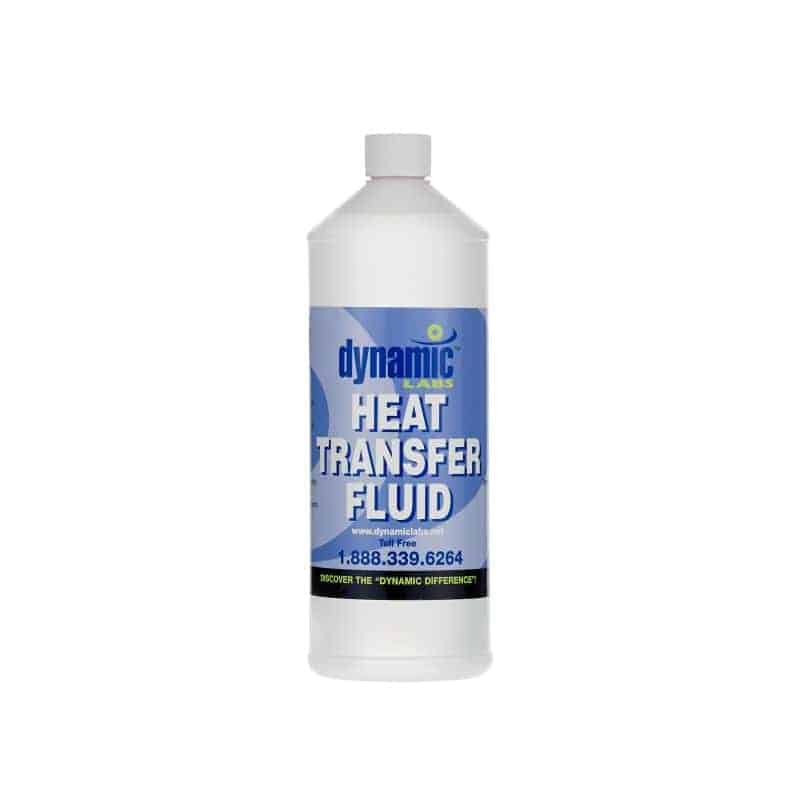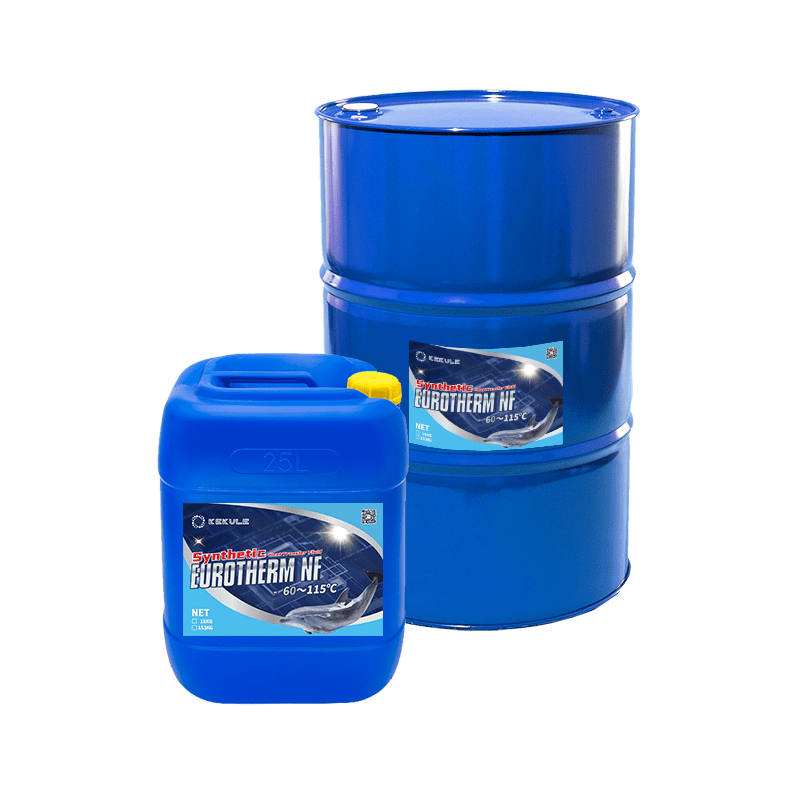Dielectric Cooling Fluid: The Future of Effective Cooling Solutions
Dielectric Cooling Fluid: The Future of Effective Cooling Solutions
Blog Article
Maximize Your System's Life expectancy With the Right Heat Transfer Fluid
Choosing the ideal heat transfer fluid is critical for optimizing system performance and durability. The appropriate liquid not only enhances thermal effectiveness yet also reduces prospective damage on critical components such as pumps and heat exchangers - propylene glycol. Comprehending the different kinds of warm transfer liquids and the details needs of your application can significantly influence the overall wellness of your system. Numerous overlook crucial aspects that could make a substantial difference. What considerations might you be missing that could inevitably influence your system's performance?
Importance of Heat Transfer Fluids

In addition, warmth transfer liquids add to the safety and security and integrity of thermal systems. Furthermore, the appropriate warmth transfer liquid can supply security against corrosion and scaling, further extending the lifespan of machinery and infrastructure.
Kinds Of Heat Transfer Fluids
Different sorts of heat transfer fluids are commonly utilized in commercial applications, each customized to certain operational requirements and temperature level ranges. One of the most widespread classifications include water, oils, and specialized synthetic liquids.
Water is frequently employed as a result of its exceptional thermal conductivity and accessibility; nonetheless, its restrictions develop at heats and potential cold problems. For higher temperature level applications, thermal oils, such as mineral oils or natural substances, are made use of. These oils supply exceptional thermal stability and can run successfully at elevated temperature levels, making them appropriate for procedures like food handling and petrochemical manufacturing.
Artificial fluids, which can be either natural or inorganic, are designed to meet specific efficiency criteria. They frequently show improved homes such as reduced toxicity, vast temperature arrays, and resistance to oxidation. Examples consist of glycols and esters, which are ideal for specialized applications like solar thermal systems and warm exchangers.
Additionally, cooling agents are utilized in cooling systems, leveraging their stage change residential properties to soak up and launch warm efficiently. Each kind of warmth transfer fluid is and provides distinctive advantages chosen based on the certain demands of the application, making sure optimum performance and system durability.
Variables to Consider When Selecting
Choosing the proper heat transfer fluid includes mindful consideration of several aspects to make certain optimal performance and system efficiency. Among the key elements is the temperature variety needed for the system. Liquids differ in their thermal security and can lose or break down effectiveness outside details temperature level limits.
One more vital factor to consider is the liquid's viscosity, as it impacts pump performance and energy intake. A liquid that is as well viscous might hinder circulation and rise functional expenses. Furthermore, the fluid's specific warmth ability plays an essential role in figuring out exactly how efficiently it can transfer warmth.
Chemical compatibility with system products is also important to prevent corrosion, deterioration, or leaks - silicone Extra resources oil. Making certain that the picked fluid works with the construction products can lengthen the lifespan of the system

Advantages of Appropriate Fluid Selection
Appropriate option of a warmth transfer fluid returns significant benefits for system effectiveness and integrity. The best liquid improves thermal conductivity, ensuring ideal heat transfer prices within the system. This effectiveness minimizes energy consumption, leading to lower operational prices and a minimized environmental impact.
Furthermore, appropriate fluid option adds to system longevity by avoiding corrosion and deterioration of parts. Liquids created with corrosion inhibitors safeguard steel surfaces, thereby extending the lifespan of pumps, pipes, and heat exchangers. Additionally, selecting a liquid with appropriate viscosity guarantees effective flow, which is vital for preserving consistent temperature circulation throughout the system.
Another essential benefit is the fluid's thermal security. A secure heat transfer fluid can operate over a broad temperature range without breaking down or losing effectiveness, which is vital for systems exposed to rising and fall thermal conditions. The best fluid can also mitigate risks related to freezing or boiling, thus preventing functional disruptions.
Upkeep Tips for Durability
Making sure the long life of a heat transfer system requires diligent maintenance practices that match the advantages of proper liquid option. Routine evaluations are important to determine potential leaks, deterioration, or sediment build-up that could endanger system effectiveness. Establish a regular schedule to examine check out here pipe integrity, links, and installations, as these areas are usually susceptible to tear and put on.

Monitoring fluid levels and high quality is equally important. Frequently look for indicators of contamination, such as discoloration or particulate matter, which can show degradation of the warm transfer fluid. Implementing periodic fluid evaluation can provide insights right into its chemical residential properties, permitting prompt replacements when needed.
Furthermore, preserving optimal operating temperature levels is vital. Motivate the use of temperature controls and sensing units to prevent overheating, which can speed up liquid destruction and damage system components.
Lastly, always follow the supplier's guidelines regarding fluid replacement intervals and upkeep protocols. By dedicating to these finest practices, you can substantially improve the operational life expectancy of your warm transfer system, making certain reputable efficiency and reducing the requirement for pricey repairs or premature substitutes.
Verdict
To conclude, the selection of an appropriate warm transfer fluid is crucial for improving system effectiveness and long life. By recognizing the different sorts of liquids and considering key factors such as thermal conductivity and deterioration resistance, optimum efficiency can be attained. Furthermore, regular upkeep and inspections play a crucial role in sustaining operating conditions. Prioritizing these elements makes certain the prolonged life-span of vital elements, ultimately adding to a go right here more efficient and dependable system.
Warm transfer liquids play an essential duty in various commercial and commercial applications by assisting in the reliable transfer of heat between surfaces.In addition, warmth transfer liquids contribute to the safety and integrity of thermal systems. In addition, the liquid's details warmth capacity plays an essential role in figuring out exactly how properly it can transfer heat.
The right fluid boosts thermal conductivity, ensuring ideal warm transfer rates within the system. A steady heat transfer liquid can operate over a broad temperature variety without breaking down or shedding efficiency, which is crucial for systems subjected to fluctuating thermal conditions.
Report this page